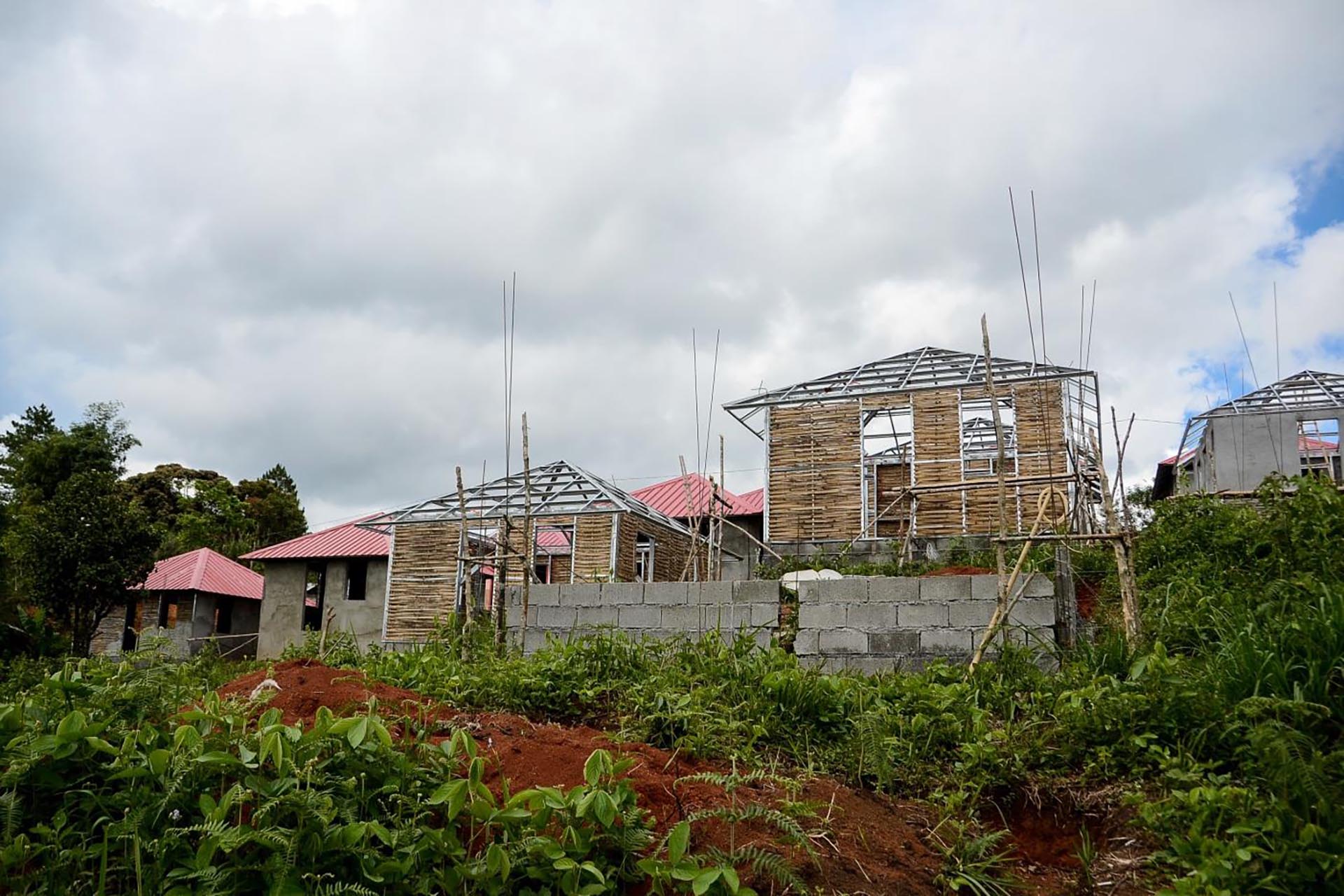Adopting Organized Self-Help Housing Approach in Low-Cost Housing in Davao City, Philippines

This document titled “Adopting Organized Self-Help Housing Approach in Low-Cost Housing in Davao City, Philippines” discusses a highly importance initiative to reform shelter provision in Davao City, Philippines. A low-cost housing aimed at providing organized self-help housing for 30+ million poor families in Davao City. It allows residents to participate in the construction of their own homes, creating a sense of ownership and community solidarity.
Further reading:
Davao’s Progress Toward Net-Zero Living and Sustainable Housing – BillionBricks | Net-Zero Homes
Adopting Organized Self-Help Housing Approach in Low-Cost … journals.upd.edu
Context and Necessity of Self-Help Housing
The housing crisis in the Philippines has become increasingly evident in urban centres such as Davao City, where rapid urbanization and socio-economic issues have created significant challenges. Under the leadership of Mayor Rodrigo Duterte, the local government has centred a crucial program on shelter provision in the city. By emphasizing community engagement and resilience among residents, the organized self-help housing model is suggested as a means of offering affordable housing as well.
All you need to know about Organized Self-Help
The organized self-help housing advocacy is centred around several main principles:
Involvement of Community: The residents participate in the planning and construction processes, thereafter helping them feel involved in their living environment.
Skill Development: Participants get crucial experience in construction and project management that can enhance their employability.
Cost-Effectiveness: As local resources and labour are used, the overall costs of housing projects are lowered considerably and become affordable for low-income families.
Sustainability __: The professional nature of this practice allows for more ethical and sustainable materials, adapting to wider safety issues.
Implementation Strategies
The document identifies several key ways of successfully using this self-help housing model:
Post-capacity building: trainings/workshops: These are important for providing skills for construction and project management.
Provide Access to Resources: Providing affordable building materials and financial assistance is important for residents to fully take part in the construction process.
Need for Community Organization: Building strong community organizations that can coordinate activities, share resources and support each other is necessary for people-oriented self-help to succeed.
Case Studies and Examples
The report presents case studies documenting successful organized self-help housing initiatives from many areas of the world. Through these case studies, we will show how similar initiatives across various countries have strengthened living spaces and community bonds and improved the ability to withstand disasters. Davao City can tailor its strategies by learning from these models through its own socio-cultural context.
Challenges and Considerations
Though the process of self-help housing gets many benefits, it has some issues to deal with:
Inadequate Infrastructure: Certain regions in Davao don’t have sufficient infrastructure, which can impede the project implementation of self-help projects.
Initial Financial Barriers: Even though the approach is intended to reduce costs, some initial financial barriers may limit family participation.
Regulatory Hurdles: Dealing with local regulations and obtaining required permits can be challenging and time-consuming.
Conclusion
The introduction of an organized self-help housing approach in Davao City is SOA and a positive solution to address the alarming need for affordable housing and community development. This model aims to provide not just shelter, but empower residents through participation, skill-building, and access to resources, ultimately strengthening social cohesion and resilience in the community. It calls on stakeholders at all levels—from government officials and NGOs to community members themselves—to work together to achieve this vision of sustainable low-cost housing for Davao City.
